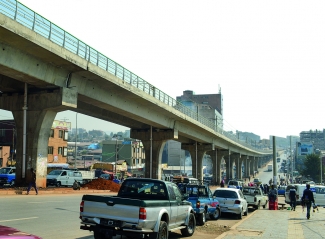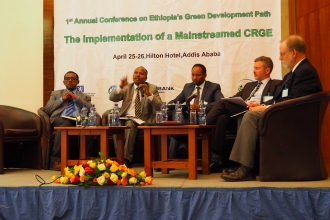Social Networks and Factor Markets: Panel Data Evidence from Ethiopia
We investigate the role of an indigenous social network in Ethiopia, the iddir, in facilitating factor market transactions among smallholder farmers. We use detailed longitudinal household survey data and employ fixed effects estimation approaches to identify the effect of iddir membership on factor market transactions among farmers. We find that joining an iddir network improves households’ access to land, labour and credit transactions.



